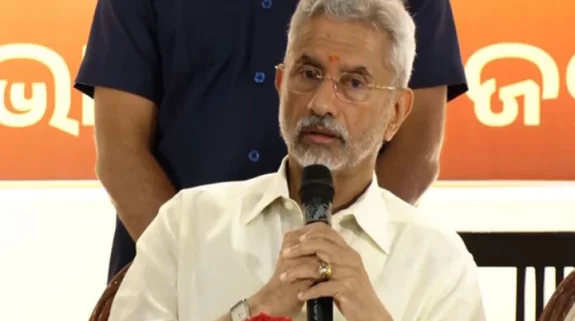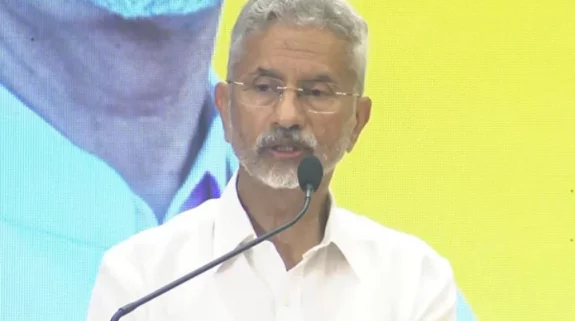In a rare philanthropic case, Indian Institute of Technology (IIT) Bombay has received a donation of $18.6 million (Rs 153 crore) from an alumnus who wants to remain anonymous. The funds are to be used for the establishment of a Green Energy and Sustainability Research Hub, which is expected to redefine the institute’s role in addressing the global climate crisis, according to an IIT statement.
Calling it a “rare occurrence” in Indian academia that a philanthropist wishes to stay anonymous, the institute’s director, Professor Subhasis Chaudhuri, said, “We are immensely grateful for the generosity displayed by our alumnus whose significant contribution reaffirms IIT Bombay’s commitment to spearheading innovative solutions for the global climate crisis.”
“The establishment of this hub underscores our dedication to tackling climate challenges through cutting-edge research, fostering interdisciplinary collaborations, and nurturing entrepreneurial endeavours,” he added.
The objective of this hub is to drive practical and transformative solutions while nurturing entrepreneurship in the realm of green energy and sustainability.
Earlier in June this year, IIT Bombay received a donation of Rs 315 crore (US$ 38.5 million) from Nandan Nilekani, co-founder and Chairman of Infosys Ltd who is also an alumnus of the institute. Nilekani’s donation is one of the largest donations made by an alumnus in India.
According to an official statement, the hub to be set up with the anonymous donation will be located within the IIT Bombay campus. Apart from facilitating research in several critical areas such as battery technologies, solar photovoltaics, biofuels, clean-air science, flood forecasting, and carbon capture, various focus areas for the hub will include evaluating climate risks and developing effective mitigation strategies, climate change adaptation, and comprehensive environmental monitoring.
The hub will also serve as a nexus for learning and exploration, offering state-of-the-art infrastructure and facilities for students and researchers alike. It will offer industry-tailored educational training and cultivate strategic collaborations with global universities and corporations. Additionally, the hub seeks to advance climate solutions, fostering the adoption of renewable energy sources and energy-efficient technologies.

















